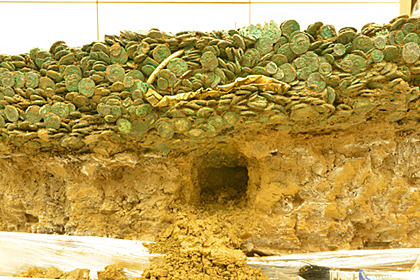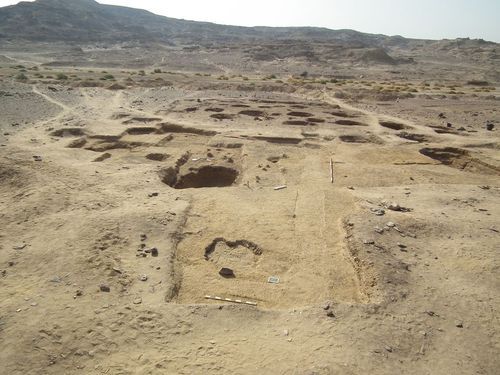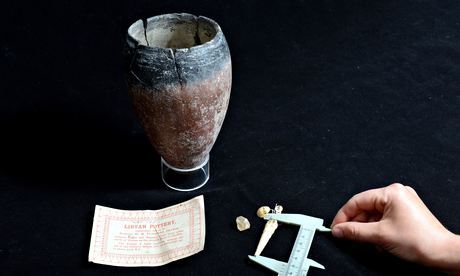 |
Eli Shukron, an archeologist
formerly with Israel's Antiquities
Authority, walks in the City of David
archeological site
near Jerusalem's Old City. (AP Photo/Sebastian Scheiner) |
Associated Press, '
Israeli archaeologist says he has found King David's citadel', Oregonlive May 08, 2014:
An Israeli archaeologist says he has found the legendary citadel captured by King David in his conquest of Jerusalem, rekindling a longstanding debate about using the Bible as a field guide to identifying ancient ruins.
The claim by Eli Shukron, like many such claims in the field of biblical archaeology, has run into criticism. It joins a string of announcements by Israeli archaeologists saying they have unearthed palaces of the legendary biblical king, who is revered in Jewish religious tradition for establishing Jerusalem as its central holy city — but who has long eluded historians looking for clear-cut evidence of his existence and reign.
The present-day Israeli-Palestinian conflict is also wrapped up in the subject. The $10 million excavation, made accessible to tourists last month, took place in an Arab neighborhood of Jerusalem and was financed by an organization that settles Jews in guarded homes in Arab areas of east Jerusalem in an attempt to prevent the city from being divided. The Palestinians claim east Jerusalem, captured by Israel in 1967, as the capital of a future independent state.
Shukron, who excavated at the City of David archaeological site for nearly two decades, says he believes strong evidence supports his theory.
Read more
here.



